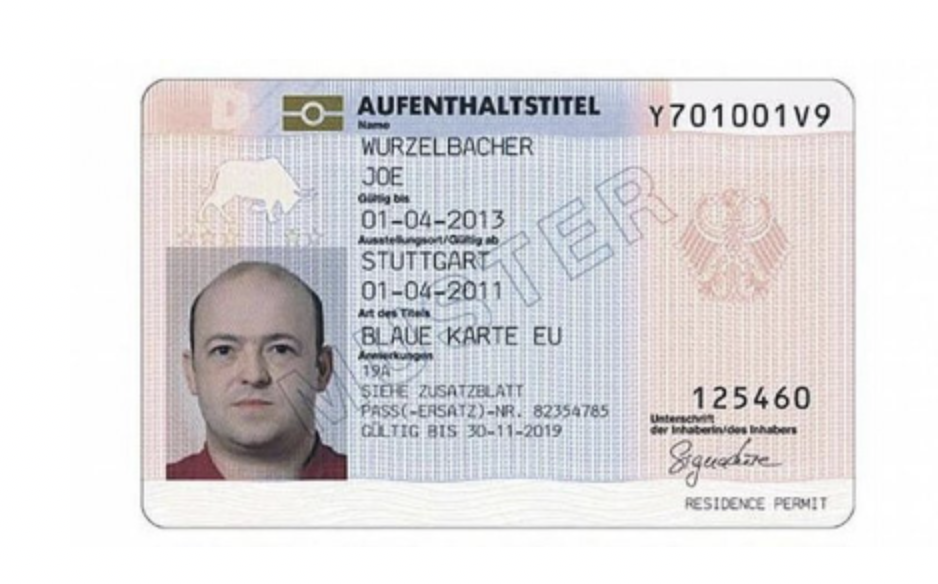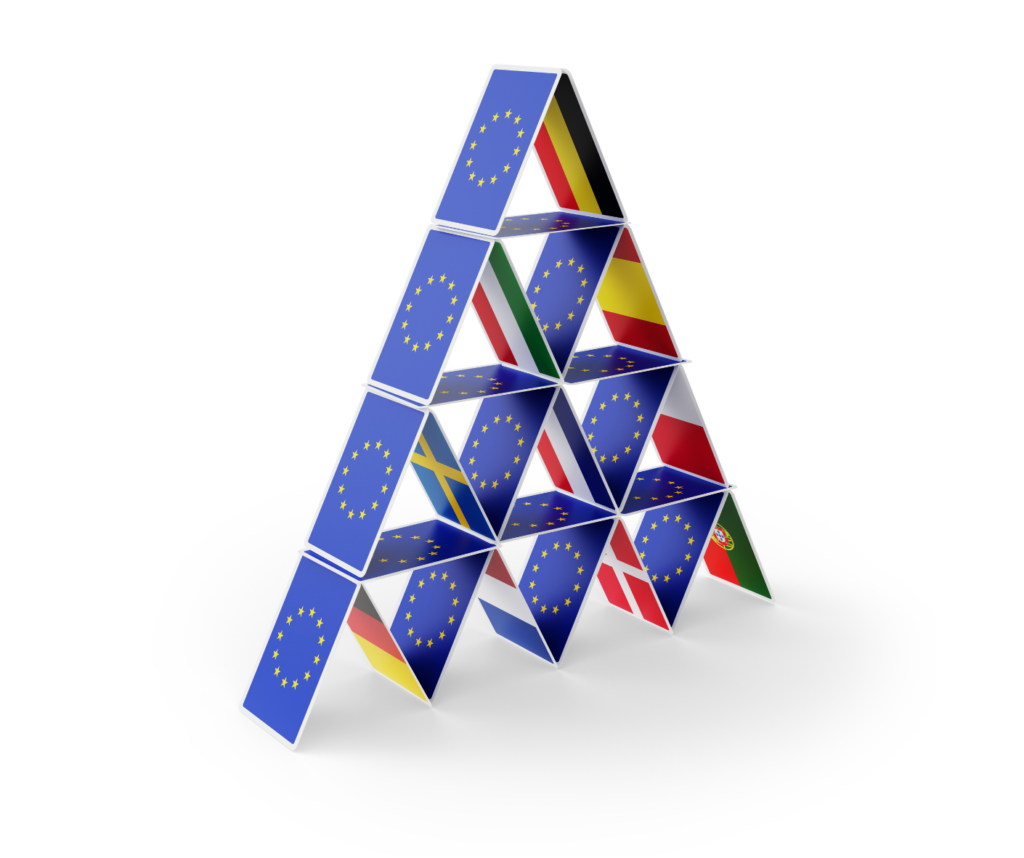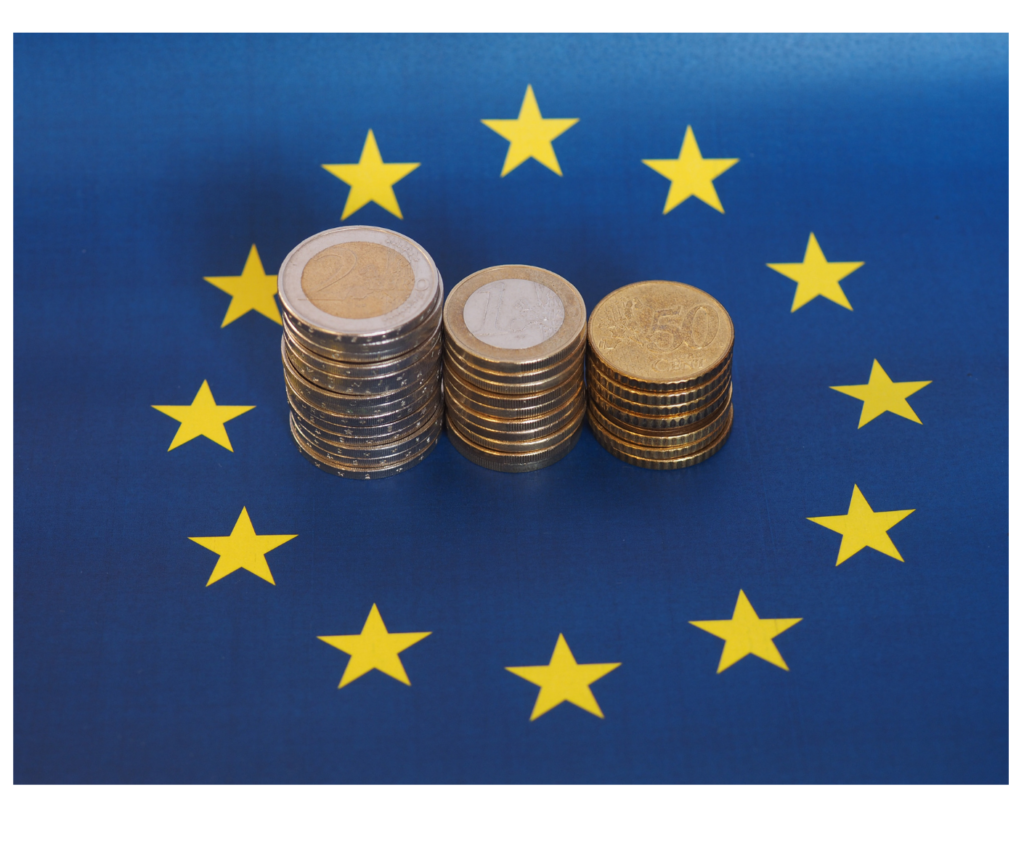The European Blue Card aims to facilitate the entry, stay and work in European countries for highly qualified workers. Its holders enjoy benefits and guarantees, but it can be very difficult to obtain.
You can contact the immigration office of the following countries to request your EU Blue Card:
Austria, Belgium, Bulgaria, Croatia, Cyprus, Czech Republic, Estonia, Finland, France, Germany, Greece, Hungary, Italy, Latvia, Lithuania, Luxembourg, Malta, Netherlands, Poland, Portugal, Romania, Slovakia, Slovenia, Spain and Sweden.
Who can apply for a European Blue Card?
The Blue Card is intended for highly qualified workers and researchers from third world countries.
In order to hold this European title, you must meet several conditions:

- Applicants must provide proof that they have completed university level studies;
- Applicants must present an employment contract or a firm job offer;
- Be a national of a third world country outside the European Union;
- Receive a monthly salary at least equal to 1.5 of the average gross reference salary set annually.
How to get your European Blue Card?
You can apply for the EU Blue Card in all EU member states except Denmark, Ireland and the UK.
In France, this card is known under the name of “Passeport talent”. The application may be completed by you, your employer, or a law firm.
For this you need:

- Long-stay visa mentioning the article of the Code for the entry and stay of foreigners and the right of asylum (CESEDA) relating to the reason for the stay;
- Proof of civil status and nationality:
- Passport.
- Proof of address dated less than 6 months:
- Electricity bill (or gas, water, landline telephone, internet) / Rental lease of less than 3 months / Rent receipt (if you are tenant) / Housing tax.
- If you are staying at a hotel : certificate from the hotel owner and the last month’s receipt.
- In the case of accommodation at a private individual’s place: certificate from the host, dated and signed, copy of their identity card or residence permit and the deed of ownership of the place.
- 3 recent passport photos;
- Proof of payment of the tax on the residence permit and stamp duty to be submitted when the permit is issued. You can purchase your stamp online by clicking on this link;
- Diploma attesting to at least 3 years of higher education issued by a higher education institution and recognized by the State;
- CERFA form No. 15614 * 03 completed by the employer containing the elements of the employment contract equal to or greater than 12 months justifying a minimum annual remuneration.
How much does the European Blue Card cost?

The European Blue Card costs on average 140 €. The price is justified when all the issues are to be combined and treated. To renew your card, you will have to pay € 100 (in Germany for example).
The multi-year residence permit is valid for a maximum of 4 years.
What are the advantages of the card, in addition to employment and the ability to bring your family?
- The card gives holders the possibility to return to their country of origin or to go to other third countries for a maximum period of one year (without losing the legality of card);
- Holders of the European Blue Card can apply for family reunification, and spouses can obtain a residence permit even if they do not speak the language before entering the country;
- A holder of a blue card can apply for a right of permanent residence in the European country after a certain period of time.
How to take passport photos for my EU blue card?
With the Smartphone iD app, you can take unlimited photo trials for your European blue card. Thanks to the application you can easily take photos from the comfort of home. You can receive it to your email box and to your mail box. We will take care of the rest ( double check and make sure that you photo will be valid), our photos are used by the ANTS (National Agency of Secure Documents) in France and comply with the ICAO (International Civil Aviation Organization) standards.




